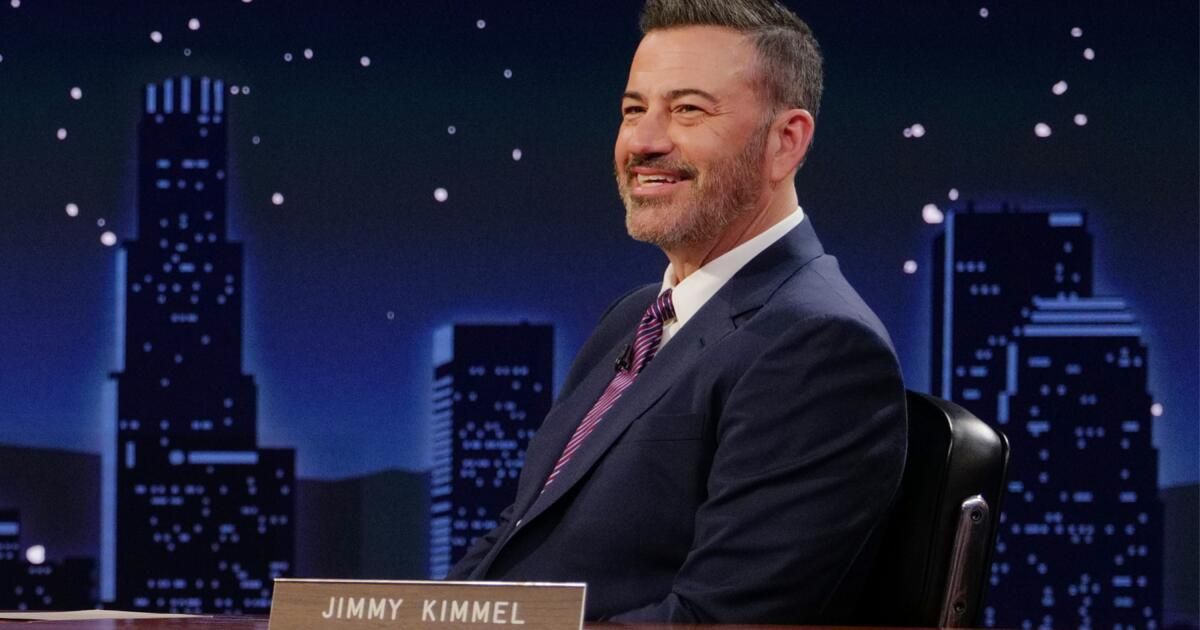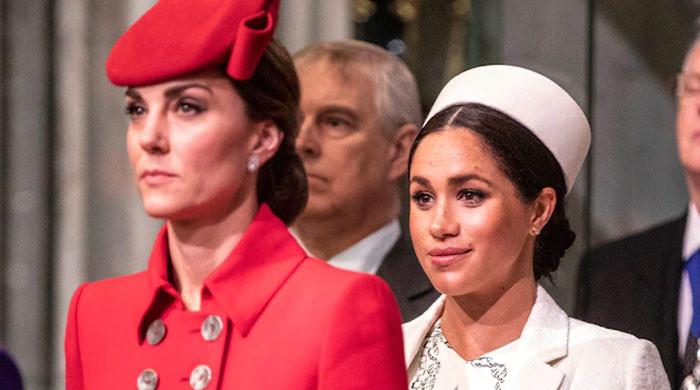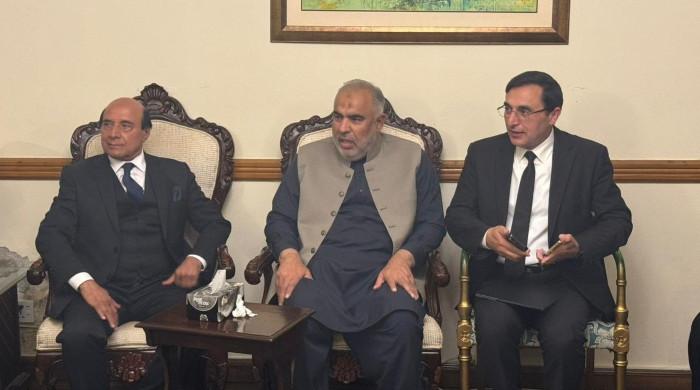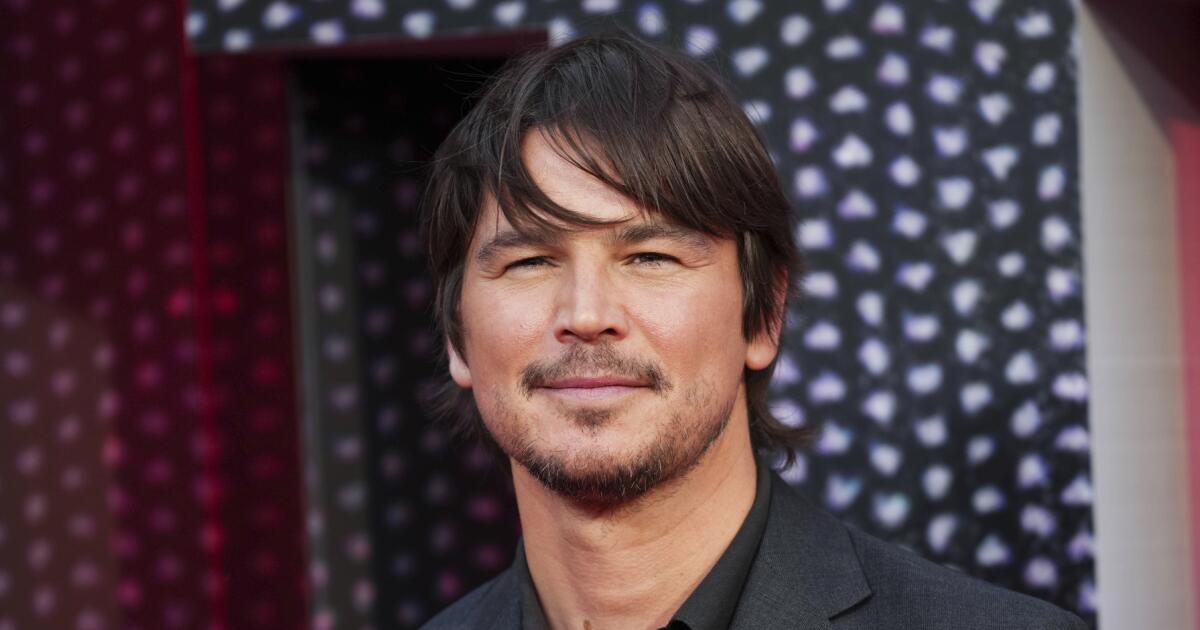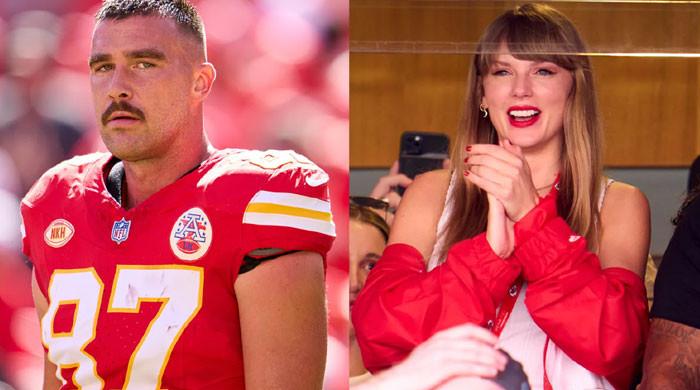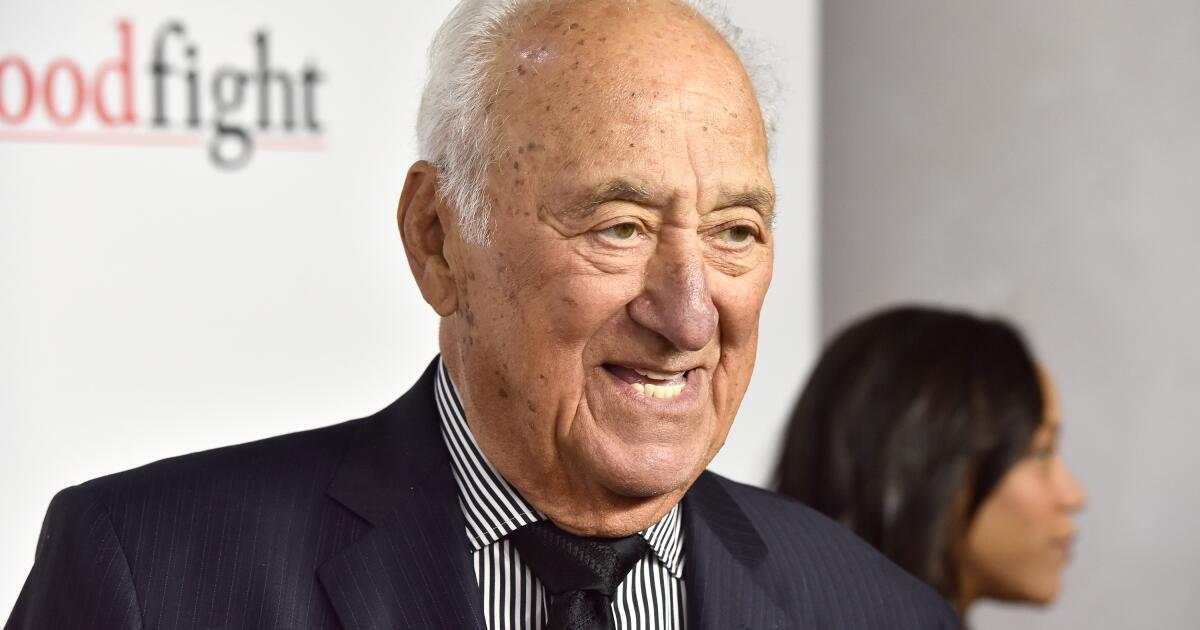Jimmy Kimmel thought his ABC late-night show was ruined during last month's firestorm over his comments following the shooting of conservative activist Charlie Kirk.
“I told my wife, 'That's it. It's over,'” Kimmel recalled Wednesday night at the Bloomberg Screentime press conference in Hollywood in a lengthy interview three weeks after the controversy.
The 57-year-old comedian has always felt that his statements about the Kirk shooting were misinterpreted. But he acknowledged his show was in serious trouble on Sept. 17 when his bosses benched him and two owners of ABC-affiliated stations, Nexstar Media Group and Sinclair Broadcast Group, initially refused to air the show.
Kimmel provided new details about his dealings with top executives at Walt Disney Co., his emotional hiatus and the late-night TV business after rival CBS announced it would cancel “The Late Show with Stephen Colbert” next spring.
Kimmel declined to say whether he would extend his long career at ABC when his contract ends in May, but acknowledged his interest in producing other projects.
Kimmel's future was in doubt last month after his comments and political backlash sparked boisterous protests that shed light on First Amendment freedoms, the role of the Federal Communications Commission and the challenges Disney faces as it searches for a new leader to replace Chief Executive Bob Iger next year.
The controversy began with his Sept. 15 monologue when Kimmel said Trump supporters “are desperately trying to characterize this guy who murdered Charlie Kirk as anything other than one of their own and are doing everything they can to score him political points.” Right-wing influencers howled; FCC Chairman Brendan Carr called Kimmel's actions “the sickest conduct possible.”
The sentiment he was trying to convey “was intentionally, and I think maliciously, mischaracterized,” Kimmel said.
He didn't feel the initial fallout was “a big deal,” but rather a “distortion by some right-wing media networks,” he said.
Kimmel had planned to clarify his comments on September 17, but Disney executives feared the comedian was entrenched and would only inflame the tense situation. That night, about an hour before the show was scheduled to start, Disney paused and issued a statement saying the show had been moved up “indefinitely.”
It was off the air for four days.
“Sometimes I can be aggressive. Sometimes I can be nasty,” he said.
A protester calls for the return of “Jimmy Kimmel Live!” after Walt Disney Co. fired the comedian from ABC in September over comments he made about the shooting of right-wing influencer Charlie Kirk.
(Genaro Molina / Los Angeles Times)
He acknowledged the program's precarious position when Sinclair and Nexstar left. He recalled an episode early in his career when he made a joke about Detroit's rowdy basketball fans, saying, “They're going to burn down the city of Detroit if the Pistons win,” so he expected the Lakers to prevail.
The comment irked the Motor City, prompting the local ABC affiliate to briefly shelve Kimmel's show.
An ABC executive at the time told Kimmel that the loss of the Detroit market could be catastrophic. That pales in comparison to the threatened loss of Nexstar and Sinclair, which own dozens of stations, including in markets as large as Seattle, St. Louis and Washington, DC.
“The idea that I wouldn't have… 40 members [stations] … I was like, 'Well, that's it,'” Kimmel said.
But he said he was “not going to accept” the broadcasters' demands.
Sinclair, a right-wing broadcaster, said in a statement that it would not air Kimmel until he issued “a direct apology to the Kirk family” and “made a significant personal donation to the Kirk family and Turning Point USA,” the right-wing group Kirk founded.
Both Sinclair and Nexstar resumed airing the show on September 26. ABC offered no concessions.
Kimmel praised Disney entertainment co-president Dana Walden's handling of the crisis and said she was instrumental in helping him sort out his emotions.
“I ruined Dana's weekend. It was non-stop phone calls all weekend,” Kimmel said, saying he doubted the situation would have turned out as well “if I hadn't talked to Dana as much as I did, because she helped me think about everything and helped me understand where everyone was coming from.”
When asked who could become Disney's next CEO, Kimmel said it would be “dumb” to answer that question.
“But I love Dana Walden very much and I think she's done a great job,” Kimmel said.
Throughout the controversy, Walden and Iger came under fire from critics who claimed the company was caving in to President Trump, who has made it clear that he is not a fan of Kimmel. Disney leaders were accused of “corporate capitulation.”
“What has happened in the last three weeks… was very unfair to my bosses at Disney,” Kimmel said. “He [was] crazy, and I hope that as Americans we have drawn a really bold red line about what we will accept and what we will not accept.”
Kimmel returned on September 23 with an emotional monologue defending the First Amendment.
Ratings skyrocketed.
The controversy, and CBS's upcoming cancellation of Colbert, has focused new attention on the cultural influence of late-night hosts, despite the industry's declining ratings.
Millions of viewers now watch stand-up comedy and other late-night jokes the next day on YouTube, meaning the networks that produce the shows have lost valuable revenue because Google controls much of that advertising.
The networks acknowledge that the late-night block is being challenged, but Kimmel said those shows still matter.
He scoffed at reports citing anonymous sources suggesting Colbert's show was on track to lose $40 million this year.
“Yeah [CBS] lost $40 million, they would have canceled it by now,” Kimmel said. “I know what the budgets are for these shows,” referring to ABC, CBS and NBC shows.
“If we lost that much money, none of us would move on,” he said. “That's all you need to know.”

